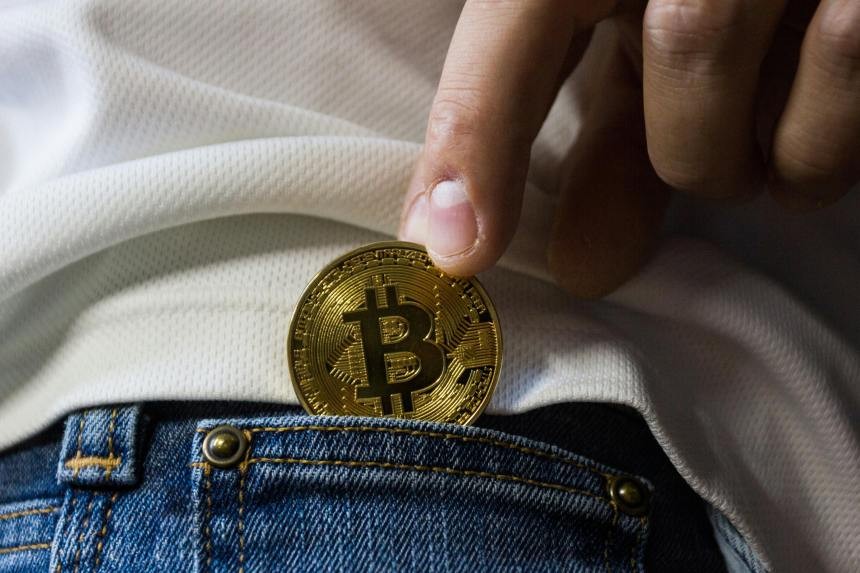
Kiyosaki on Bitcoin $100,000: 'Almost Impossible for the Poor and Middle Class to Catch Up'
Robert Kiyosaki, author of "Rich Dad Poor Dad," warns of a growing wealth divide as Bitcoin approaches $100,000. The renowned financial author claims that once Bitcoin surpasses this threshold, average investors may find themselves permanently locked out of meaningful cryptocurrency investments.
In a recent post on X, Kiyosaki expressed his concerns about the future accessibility of Bitcoin, stating that only "ultra-rich entities like corporations, banks, and sovereign wealth funds" will be able to afford substantial Bitcoin investments once the price breaks through $100,000.
Currently trading at $96,880, Bitcoin's rapid price appreciation has sparked debates about wealth inequality in the digital asset space. Kiyosaki advises potential investors to act before the price surge, suggesting that the fear of missing out (FOMO) could actually be beneficial in this case.
"Don't let the rich get richer without you," Kiyosaki urged his followers, while also criticizing traditional savings approaches. He maintains that keeping money in fiat currencies will lead to wealth erosion, calling "cash trash" and promoting investment in alternative assets like Bitcoin, gold, and silver.
However, some community members disagree with Kiyosaki's assessment, pointing out that Bitcoin's fractional nature means it remains accessible to all investors, regardless of price. They argue that Bitcoin's divisibility allows for small-scale investments even at higher price points.
The author's warning comes amid his broader predictions for Bitcoin's future, including a potential rise to $500,000 by 2025 and $1 million by 2030. These forecasts, which Kiyosaki attributes partly to artificial intelligence's impact on financial markets, highlight the growing mainstream acceptance of cryptocurrency as a legitimate asset class.
As Bitcoin continues its upward trajectory, the debate over wealth inequality and access to digital assets intensifies, raising questions about the future of financial inclusion in the cryptocurrency era.